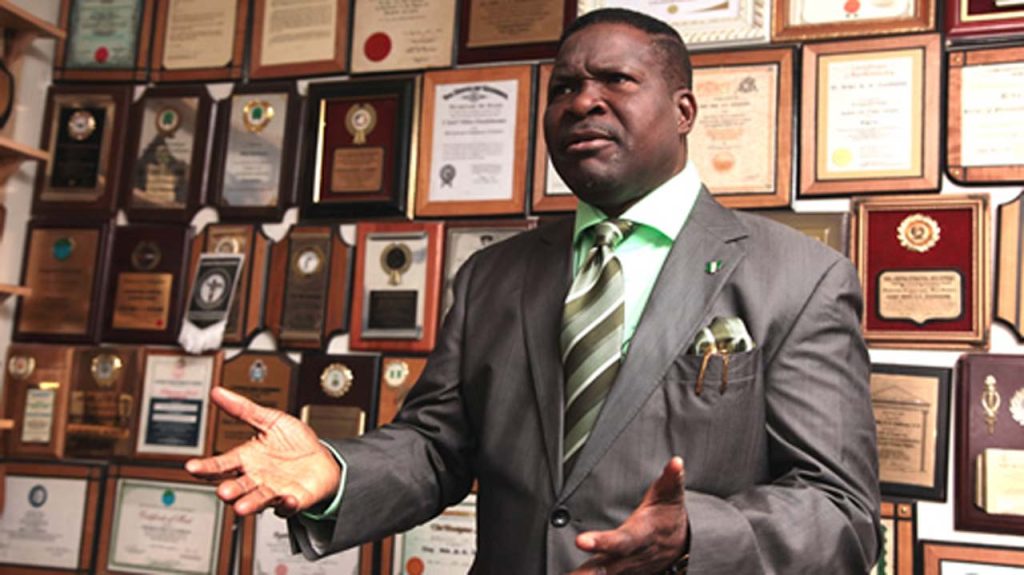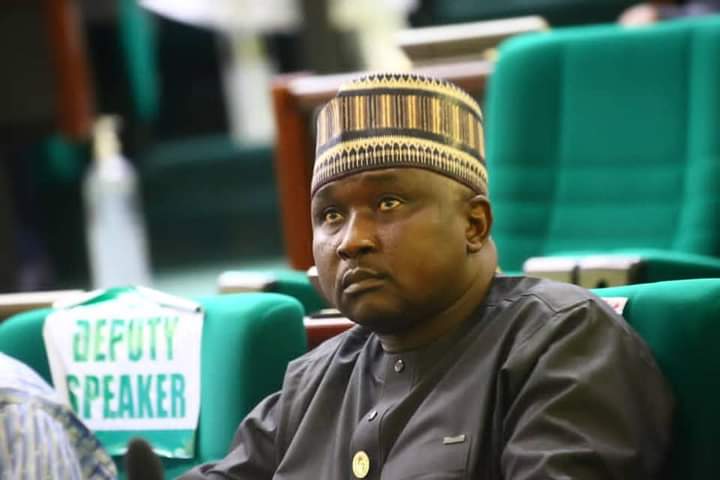The African Democratic Congress (ADC) has reaffirmed its commitment to building a legacy of service, rather than pursuing power for its own sake. According to the party’s National Chairman, David Mark, this goal is rooted in the conviction that Nigeria can work for the benefit of all its citizens. Mark made this statement at the inaugural meeting of the party’s National Working Committee (NWC) in Abuja.
The ADC, founded on the principle that Nigeria’s development should be inclusive, seeks to establish itself as an institution that champions democratic values, accountability, and responsibility. Mark emphasized that the party’s leadership standard is non-negotiable and is guided by four key pillars that will inform its decisions and culture. These principles are designed to ensure that the ADC remains a party of purpose and determination, rather than being driven by impulses or individual interests.
Mark described the ADC as a “Pan-African, people-oriented, problem-solving movement” that is dedicated to addressing the needs of vulnerable groups, including the poor, youth, women, workers, entrepreneurs, and persons with disabilities. In contrast to parties that often revolve around individual personalities, the ADC will be guided by its rules, policies, programs, and the people it serves. The party’s ultimate goal is to establish the supremacy of its constitution and institutions, rather than allowing personality or improvisation to dictate its actions.
The ADC’s commitment to democratic values and accountability is significant, given Nigeria’s history of political challenges. As the party moves forward, it is likely to face stiff competition from established parties, but its focus on building a legacy of service could resonate with voters seeking a fresh approach to politics. With its emphasis on inclusivity, accountability, and institution-building, the ADC may be well-positioned to make a positive impact on Nigeria’s political landscape.



